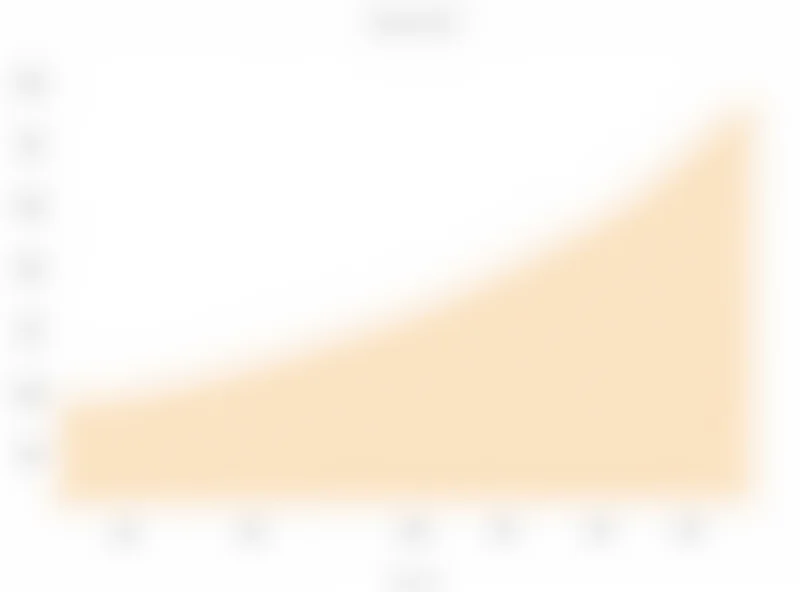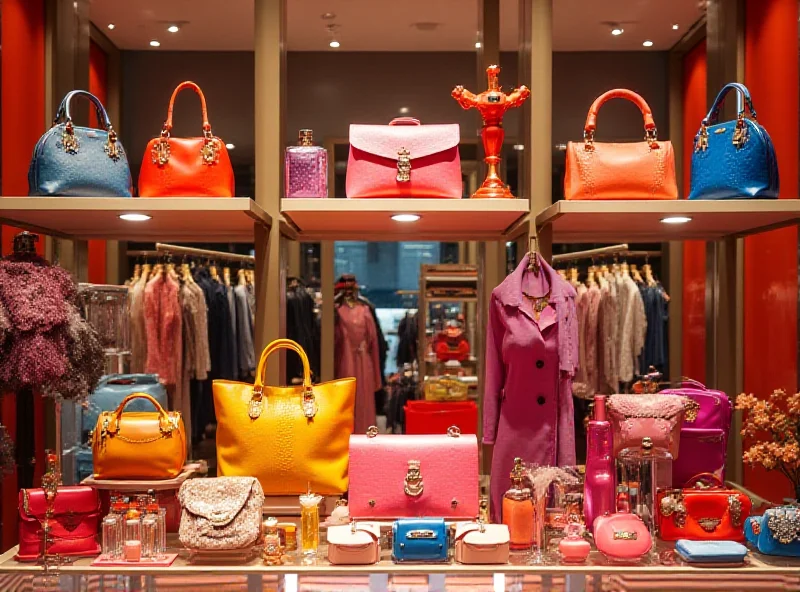The French economy presents a mixed bag of signals, ranging from individual company struggles to broader market trends. Several factors are at play, influencing both the performance of specific sectors and the overall economic outlook.
Pernod Ricard's Performance
Pernod Ricard SA, a major player in the beverage industry, has shown sequential improvements in volume. However, the company continues to lag behind its peers, suggesting that its recent gains haven't translated into competitive market dominance. This mixed performance raises questions about the company's long-term strategy and its ability to capture market share in a dynamic environment.

Generous Dividends Despite Profit Dip
Despite a decrease in total profits for CAC 40 companies (excluding Pernod Ricard), dividends remain generous. In 2024, these companies collectively earned 133 billion euros, a decrease of 20 billion euros compared to 2023. This indicates a willingness to prioritize shareholder returns even amidst slightly reduced earnings. The decision to maintain high dividend payouts could signal confidence in future profitability or a strategic move to attract and retain investors.
Defense Sector Thrives
The French state's defense investments are flourishing, particularly through the Agence des participations de l’Etat. This "war treasure," valued at 59 billion euros, benefits from the ongoing arms race. With President Emmanuel Macron's calls for austerity, the question arises whether these substantial defense funds could be utilized to address other pressing national needs. Isabelle Chaperon, a journalist at Le Monde, observes the implications of this substantial investment.

Luxury Industry Faces New Challenges
The luxury industry is bracing for potential disruptions due to proposed customs duties, particularly those associated with potential trade policies. The American market is a crucial outlet for luxury brands, especially French cosmetics and women's fashion. While China leads in leather goods consumption, the US remains a significant market, making the luxury sector vulnerable to policy changes.

Adding to the market's complexity, reports of widespread investment scams reveal the dark underbelly of illicit financial activities. Le Monde and its partners have uncovered sophisticated schemes where criminals launder money and bribe intermediaries to bypass banking security, highlighting the need for increased vigilance and stronger regulatory oversight.
In conclusion, the French market presents a diverse and nuanced picture. While some sectors, like defense, are thriving, others, like Pernod Ricard, face challenges. The luxury industry remains vulnerable to external factors, and the presence of investment scams underscores the need for greater financial security and regulation. These factors collectively contribute to a complex and evolving economic landscape in France.
